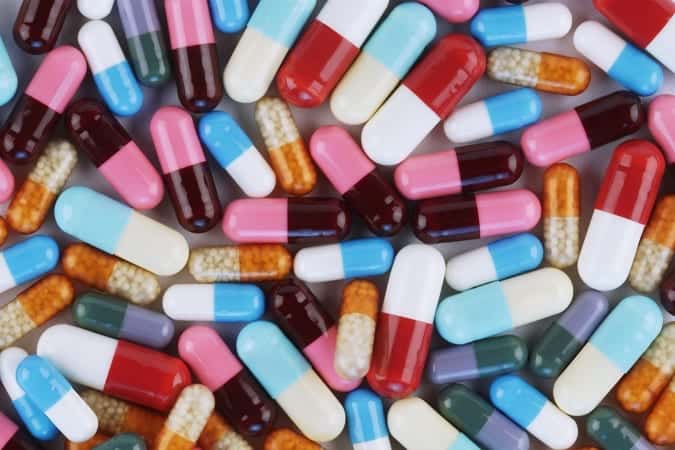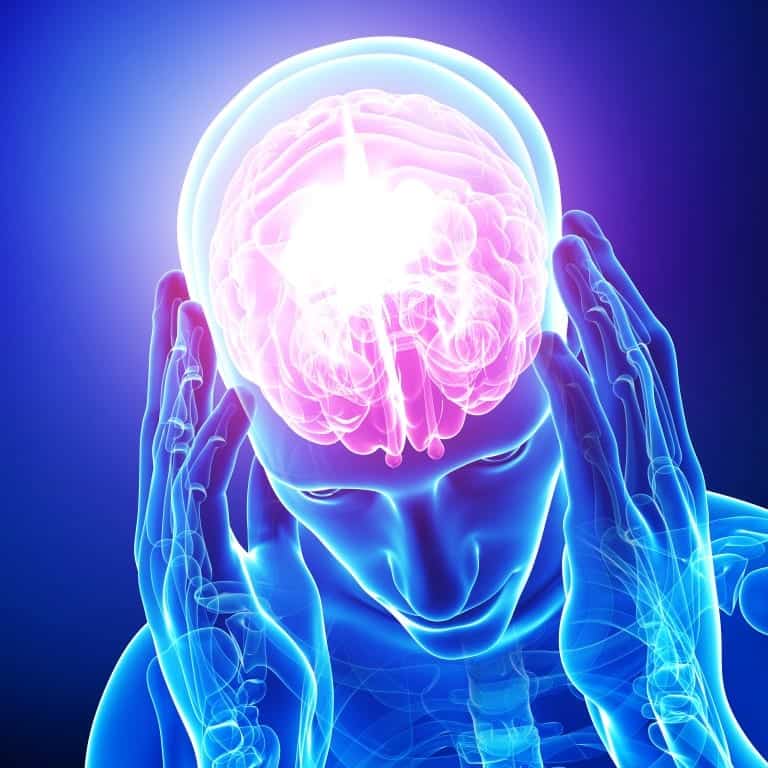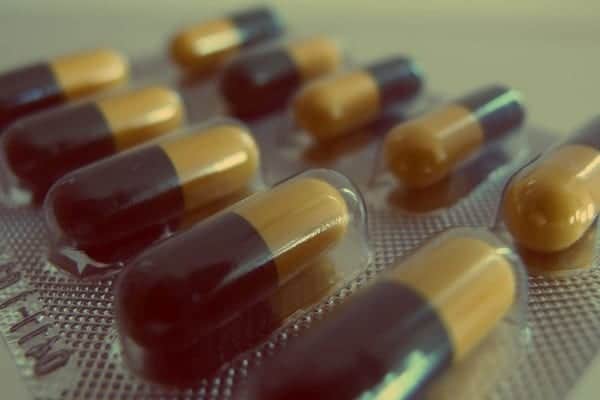ADD medications are prescribed to children, teens, and adults who are diagnosed with attention deficit hyperactivity disorder (ADHD). Their behaviors can affect their ability to learn or work. Therefore, doctors and therapists prescribe different stimulant medications such as Adderall, Ritalin or Concerta to help those who persistently struggle with this disorder. What are ADD and ADHD? ADD, or attention deficit disorder and ADHD (attention deficit hyperactivity disorder) are behavioral disorders of the brain that affect a person’s focus and more. ADD and ADHD are usually seen as the same thing, however, those with ADHD tend to be described with extreme bouts of energy along with challenges in paying attention. Although forms of ADD and ADHD have been shown in cases going back as far as the 1700s, medication and a proper name for the disorder were not prevalent until the early 1900s.
“The contemporary concept of ADHD as defined in the DSM-IV-TR (American Psychiatric Association 2000) is relatively new. However, an analysis of historical literature suggests that children presenting with symptoms of inattention, hyperactivity, and impulsivity have previously been described by several authors during the last 200 years. The clinical characterizations, underlying concepts, and nomenclature of the described dysfunctions have changed over time. Many of the historical descriptions are, however, consistent with the modern diagnostic criteria for ADHD.”
ADD shows many different signs and symptoms, but they are usually the same with each person. Although the signs of ADD and ADHD may show up at varying times in a person’s life, there are clear indications on what ADD or ADHD looks like. 
- Lack of focus
- Having a hard time paying attention to details
- Lack of appropriate impulse
- Disorganization
- Being easily distracted by loud noises or events that can generally be blocked out
- Hyperactivity
ADD and ADHD are typically diagnosed in children over adults. According to the CDC,
“Recent surveys of parents show that approximately 11% of children 4-17 years of age (6.4 million) have ever been diagnosed with ADHD as of 2011. The American Psychiatric Association states in the Diagnostic and Statistical Manual of Mental Disorders (DSM-5) that 5% of children have ADHD1. However, other studies in the US have estimated higher rates in community samples.”
– Centers for Disease Control ADD in adults is prevalent. While the signs and symptoms of ADD and ADHD in children and adults are similar, adults with ADD also show signs of:
- Recklessness
- Poor listening skills
- Restlessness
- Angry outbursts
- Prioritization
It is possible adults living with ADD or ADHD have had the disorder since childhood and was never appropriately diagnosed. If you feel you may be living with ADD or ADHD, it’s never too late to seek assistance.
How Do ADD Medications Like Methylin and Aptensio Improve Brain Function?
Prescription stimulants calm and focus the brain. Those who struggle with ADHD suffer from impairment in their school, family and social lives. Drugs like Daytrana work on the brain’s neurotransmitters, and specifically with the brain’s dopamine. Methylphenidate, for instance, blocks dopamine and norepinephrine transporters. This leads to better concentration. These drugs also help fight fatigue and maintaining alertness. It is not approved for children under 6 years old. It is sometimes used to treat bipolar disorder and major depressive disorder. Brain function isn’t all that seems to be improved with stimulant drugs. Some athletes claim it increases their reaction time, endurance and ability to ignore pain during strenuous activities. The small advantage it gives athletes may seem to be a worthwhile, but this strong stimulant has more negative effects than people realize. 
ADHD Medication Abuse – A Strong Stimulant
ADHD medication abuse is an ever-growing problem. The medication prescribed to help a person with ADHD is used to help narrow their focus. ADHD medication also can decrease appetite and cause euphoric sensations, and this including increased attention spans are big reasons on why ADHD medication is abused. The popular myth of ADHD medication improving someone’s mind by making them smarter has been shown time and time again to be incorrect. According to NIDA, “Prescription stimulants do promote wakefulness, but studies have found that they do not enhance learning or thinking ability when taken by people who do not actually have ADHD. Also, research has shown that students who abuse prescription stimulants actually have lower GPAs in high school and college than those who don’t.” ADHD medication abuse can lead to many harmful side effects, like:
- Increased blood pressure
- Increased heart rate
- Increased body temperature
- Hostility
- Paranoia
- Cardiovascular complications
The addiction of ADHD medications is on the rise, despite the terrible side effects.
“Addiction to stimulants is also a very real consideration for anyone taking them without medical supervision. Addiction most likely occurs because stimulants, when taken in doses and routes other than those prescribed by a doctor, can induce a rapid rise in dopamine in the brain. Furthermore, if stimulants are abused chronically, withdrawal symptoms—including fatigue, depression, and disturbed sleep patterns—can result when a person stops taking them.” – NIDA
People with ADD More Likely to Abuse Drugs and Alcohol?
Those living with ADD and ADHD have problems keeping a true focus over things. Their impulsivities and their behaviors can cause them to find solace in drug and alcohol use. Although not exclusively linked, studies have shown that those with ADD can abuse drugs and alcohol due to their ADD. “It also is possible that people with ADHD use AODs (alcohol and other drugs) in an effort to self-medicate distress related to ADHD or co-occurring conditions (Wilens 1998). Thus, it may be worthwhile for physicians to assess their clients’ levels of subjective distress and their beliefs about the costs and benefits of using AODs to relieve that distress.” Co-occurring disorders, along with ADD or ADHD can also be a reason to turn to abusing drugs and alcohol. A person with ADD and a co-occurring disorder like anxiety or depression may seek out drugs such as Xanax or Oxycontin to help ease how they feel inside. The drugs cloud the anxiety that may appear when in social situations. It may also temporarily make someone with ADHD feel more confident in their abilities to perform school or work tasks. But, combining any drugs with an ADD medication like Ritalin can be extremely dangerous. Mixing medications like Ritalin and Xanax come with horrific results. Ritalin, a stimulant, with Xanax, a depressant, can produce havoc on a person’s central nervous system, and lead to serious effects, including fatal ones. While there is no concrete proof that someone who has ADD or ADHD will be more likely to abuse drugs, alcohol or both, there is always a possibility for it. This seems to be the case for many co-occurring disorders. 
ADHD Misuse Among Those Who Don’t Have ADHD
Not all who misuse stimulants like Aptensio and Concerta have ADHD to begin with. These class of drugs are rapidly becoming a performance drug of choice for college students and athletes. “A growing number of teenagers and young adults are abusing prescription stimulants to boost their study performance in an effort to improve their grades in school, and there is a widespread belief that these drugs can improve a person’s ability to learn (“cognitive enhancement”).” – NIDA The use of drugs like Adderall and Methylin have even become more mainstream than college students. According to the Seattle Times, “Adderall has been banned by virtually every sports organization, from the NCAA to MLB to the NFL. But the NFL, like other sports, allows players who have medical need for the drug to use with without penalty, after they have applied for and been granted a Therapeutic Use Exemption.” Drugs like Concerta and Ritalin aren’t just for students or athletes. Mothers, healthcare professionals and other working adults are abusing stimulants as well. They can be considered a diet drug due to their appetite suppression. It can keep tired moms alert. It helps men and women alike work until the wee hours to finish a project, and many of these people are obtaining these drugs illegally.
Street Names of ADD Medications
If you have a teenager, it’s extremely important to know the street names of these drugs.
- Diet Coke
- Kiddie Cocaine
- Kiddie Coke
- R-ball
- Rids
- Skittles
- Smarties
- Vitamin R
- Bennies
- Pep Pills
- Copilots
- Beans
- Red Pep
- Red Dexies
- Uppers
- Speed
- Wake-ups
- Lid Poppers
- Addys
- Zing
- Smart Pills
By knowing what your kids are talking about, it can help you when the time comes to intervene on a possible abuse of prescription medications. 
Signs & Symptoms of Concerta & Ritalin Misuse
The primary ingredient in Concerta, Ritalin, and Daytrana is methylphenidate. It is a central nervous system stimulant. It has many positive therapeutic uses for patients who DON’T abuse it. But, drugs like Methylin and Aptensio are increasingly misused by teens and adults. The pattern often looks like this: someone is prescribed Concerta or Ritalin for daily use to treat their ADHD. Noting the drug’s pleasant effects, they continue to increase their doses. Eventually, some may even turn to intranasal abuse (snorting) of the crushed drug. Taken that way, the effects are far more intense. Intoxication symptoms include:
- Manic moods
- Psychoses
- Depression
- Schizophrenic symptoms
- Anxiety
- State of panic
- Hallucinations
- Delusions
- Confusion
- Disorientation
- Paranoia
- Suicidal ideation
A Brief Look at Non-stimulant ADD Treatments
If you talk to anyone who struggles with ADHD, you’ll know there is no cure for the disorder. However, may have found that doing some basic wellness and self-care can really increase mental focus. These things can also improve other mental health and behavioral disorders. Again, these are not cures, rather they are ways to improve wellness which in turn relieves some of the symptoms of ADD.
- Spend time outside. Adults and children alike benefit from being outdoors. If you live in an urban area, find a quiet outdoor place to relax (like a park). This allows some connection to nature and a place to clear your mind. Put away phones and devices and just enjoy where you are.
- Exercise regularly. This could be a part of your new outdoor routine. Take walks, hikes, bike rides or go swimming! Exercise is not only meditative, it is good for your body.
- Eat well. Diet is so important no matter who you are. Staying away from refined sugars, processed foods and high-fat foods can make the ADD “brain fog” better. Focus on a diet rich in lean proteins or a varied vegan diet. If you’re worried about feeling full, be sure to consume plenty of healthy fats and fiber. These will help you feel fuller, longer.
- Put down the device. Cell phones and computers can be debilitatingly distracting for someone with ADD. A good tip is to try to ignore your device as long as you can when you wake up in the morning. Buy a regular alarm clock to reduce the chances of reaching for your phone. When you go to sleep at night, keep your phone across the room or in another part of your home. This will also help you sleep better.
- Get a good night’s rest. Sleep is extremely important to the ADHD brain. The recovery needed to be fresh and focused in the morning is crucial. Aim to get seven to nine hours of sleep.

The Importance of Treating Co-occurring Disorders During Recovery
At its core, ADD is a co-occurring disorder. This means it needs to be treated alongside the addiction to ensure a successful recovery. Mental health that continues to go untreated can lead to incarceration, medical illness, suicide, and early death. Early detection improves outcomes significantly. In recovery centers like Northpoint, our team of experts will assist in a mental health evaluation. This helps us find the best treatment plan for your recovery. For co-occurring disorders, some plans may include medicinal therapies. A professional facility will take a multi-level approach to recovery that includes therapy, exercise, diet, and detoxification. Contact Northpoint Recovery to learn more.
Sources:
Abuse, National Institute on Drug. “Stimulant ADHD Medications: Methylphenidate and Amphetamines.” NIDA. National Institute of Drug Abuse, 2014. Web. 06 July 2017. The Clinically Meaningful Link Between Alcohol Use and Attention Deficit Hyperactivity Disorder. (2002). [ebook] Bradley H. Smith, Ph.D., Brooke S.G. Molina, Ph.D., and William E. Pelham, Jr., Ph.D., p.127. Available at: https://pubs.niaaa.nih.gov/publications/arh26-2/122-129.pdf. Accessed 06 Jul. 2017. Lange, Klaus W., Susanne Reichl, Katharina M. Lange, Lara Tucha, and Oliver Tucha. “The History of Attention Deficit Hyperactivity Disorder.” Attention Deficit and Hyperactivity Disorders. Springer Vienna, Dec. 2010. Web. 06 July 2017. <https://www.ncbi.nlm.nih.gov/pmc/articles/PMC3000907/>.

